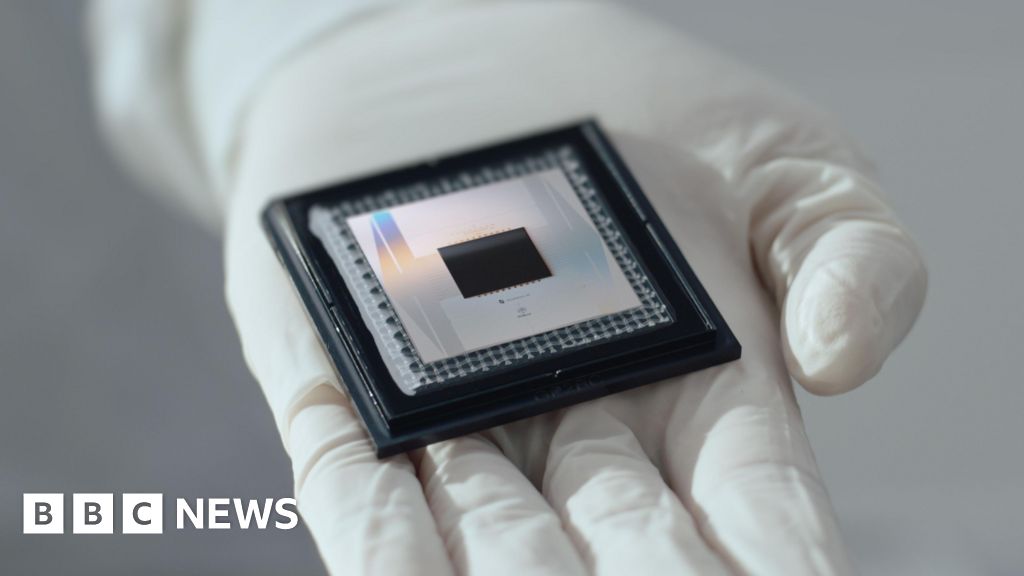- cross-posted to:
- [email protected]
- cross-posted to:
- [email protected]
Summary
Google unveiled its “Willow” quantum computing chip, claiming it can solve problems in minutes that would take supercomputers 10 septillion years.
While hailed as a breakthrough, experts note it remains experimental, with practical applications years away.
Willow’s key advance is error correction, addressing a long-standing challenge in quantum computing by reducing errors as qubits increase.
The chip, developed in Google’s new facility, highlights global competition in the field.
Although promising for tasks like drug development and logistics, widespread use and lower error rates are still required. Findings were published in Nature.



it’s not against incremental progress. It’s that they have repeatedly declared success, not incremental progress, and each time they are proven wrong. Success here meaning beating classical computers at a task.
Beating classical computers is easy. These machines can give a random result much faster than a computer can simulate the quantum mechanics that give rise to that random result.
Beating classical computers at a task with some kind of practical application is hard though.